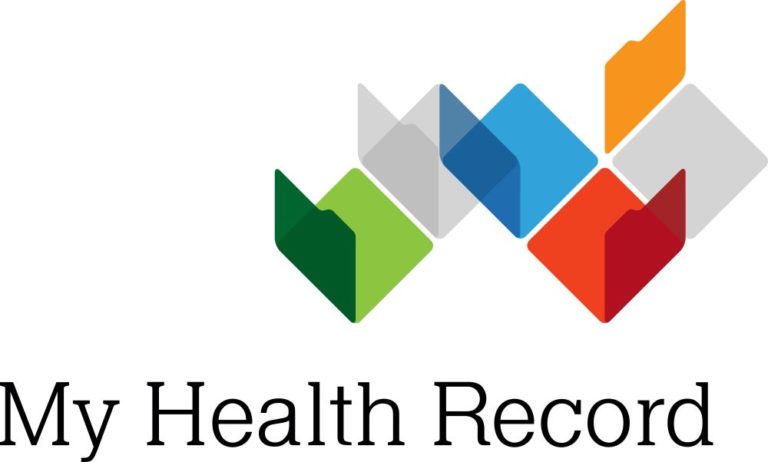[vc_row][vc_column][vc_column_text]. The Bill will specifically:
- remove the ability of the My Health Record System Operator to disclose health information in My Health Records to law enforcement agencies and government agencies without an order by a judicial officer or the healthcare recipient’s consent; and
- require the System Operator to permanently delete health information stored in the National Repositories Service for a person if they have cancelled their registration with the My Health Record system – that is, they have cancelled their My Health Record.
These amendments are the result of concerns expressed by some healthcare and privacy advocates that the MHR Act permitted the release of information to law enforcement agencies and other government bodies.
On 31 July 2018 the Minister for Health announced his intention to strengthen the MHR Act to make clear that information will not be released without a court order, and that My Health Record information would be permanently deleted if someone cancels their My Health Record.
Former AMA President Prof. Kerryn Phelps reinforced the view that it would be worth a rethink in terms of the technology given how much it has changed.
“We need to think about how far technology has come and how much we’ve learnt about cybersecurity in the meantime. Then I think that we could possibly look at what data would necessarily need to be uploaded so that it could be used in a de-identified way for public health benefit. What I’m seeing in here is much less about the personal benefits of the My Health Record and a lot more about privatisation, monetisation and public health benefits. I think we would all want to see public health benefits—things like containment of epidemics and tracking flu epidemics—but I don’t think any of us wants to see the potential costs in terms of privacy,” Prof Phelps said.
Dr Linc Thurecht, Senior Research Director at the Australian Healthcare and Hospital Association while welcoming the proposed changes also identified the wider healthcare benefits of My Health Record.
“We see it as a vital part of the future health infrastructure to provide better coordinated care for individual patients and to improve safety and quality in their care. For that to happen—I’m not sure if ‘critical mass’ is quite the right phrase—the more people who are part of that, the greater the opportunity there is to reap those kinds of benefits,” Dr Thurecht said.
Ian Burgess, CEO of MTAA believes the development of My Health Record will provide a tremendous opportunity to improve data collection across the whole health system and across the patient journey.
“We believe the government should prioritise consideration of the inclusion of medical device data in the My Health Record,”
“This would allow for improved post-market surveillance. While registries can be invaluable they’re complex and expensive. Ultimately, My Health Record should be the main data infrastructure system, rather than maintaining separate data collection systems,” Mr Burgess said.
The ADHA said in a statement that it welcomes the discussion and will be contributing to the inquiry.
“The Australian Digital Health Agency has been engaged in an important national conversation around My Health Record – its benefits, privacy controls and security protections. As the system operator responsible for the expansion of this system, the ADHA welcomes this discussion,” the statement said.[/vc_column_text][/vc_column][/vc_row]




